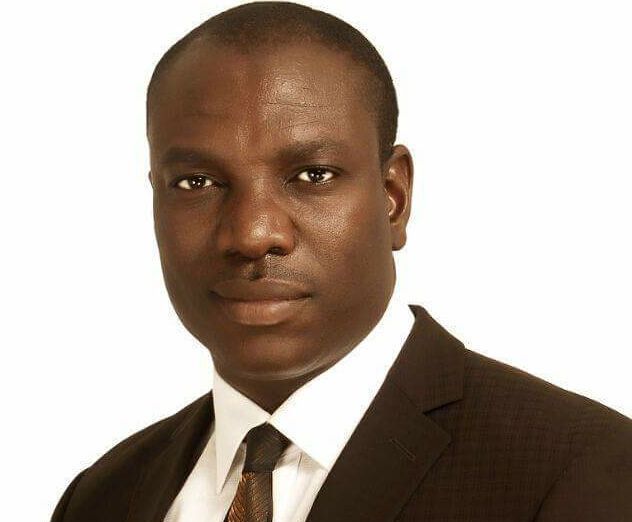Why many social media users shunned Ondo guber election – Prof Kwaja
In a strange and alarming manner, the Ondo State governorship election did not trend on X for several hours on election night. When it finally made it into the Trends Table, some other events pushed it to number three or four. Usually in Nigeria, social media platforms are abuzz on election days, brimming with discussions […]

kwaja
In a strange and alarming manner, the Ondo State governorship election did not trend on X for several hours on election night. When it finally made it into the Trends Table, some other events pushed it to number three or four. Usually in Nigeria, social media platforms are abuzz on election days, brimming with discussions on candidates, their chances of winning election and other related matters. While some users share election updates from their locations on different platforms, others engage with posts from online conventional media handles.
In this interviw, Prof. Chris Kwaja, Country Director, United States Institute of Peace (USIP) and a Board member of Yiaga Africa, told Daily Trust some of the reasons why Saturday’s off-cycle governorship in Ondo recorded low interest on social media.
We noticed that unlike other elections, Nigerians on social media did not really follow Ondo guber poll. What could be the cause of this development?
Two factors account for the low engagement on this election. One, off-cycle election. That is also happening within a period of our political life where the system or the polity is not tensed because 2027 election is far and there is nothing ahead in terms of elections.
And the second is that Ondo State has a history of peaceful elections. And people tend to be more not at ease with states where they think have a history of violent confrontations during elections. Edo was hot because it has a history of tension and violence when it comes to elections, which is different from Ondo. And you can see from the observation, for those of us who went around the state, both from the pre-election and the election proper, there has not been any tension that has led to any red flag per se.
We have witnessed pockets of skirmishes, but these skirmishes were contained so fast, one, by the communities themselves, and two, security agencies who were very proactive in deployment. And we need to also commend the security agents for their professionalism. Also, donors tend to also put in more effort in states where they think the behavior of the political class or political parties or government itself can derail the positive trajectory of politics and governance.
- BREAKING: Tinubu heading for Brazil 5 days after Saudi Arabia return
- Chidimma trends during election as Miss Universe ‘Overtakes’ Ondo poll on X
If this election was to be conducted in Rivers, because of Rivers State’s own history of violence in politics, all eyes would be on Rivers, from the international down to the local, but that’s not what we see here. So what we will do is that regardless of the calmness of the election, we should be able to harvest the positives from Ondo and see how we amplify them and replicate them, particularly with respect to what the few civil society organizations that have been on the ground were able to do. The next is Anambra State.
What are the advantages of the Ondo situation for our country’s democracy?
All along our focus and prayer have been to have elections that can run on their own. And if a state is able to conduct itself in the way we see Ondo, conducting itself calmly and the elections go peacefully, it will also be a plus for us, rather than portending any danger for democracy.
We want to see a situation whereby there will be less and less of election observation in terms of the amount of money and people that are deployed to go and observe elections. Why do you observe elections? You observe elections to ensure that things are done properly. So if you have a situation where things are done properly, then the observers themselves will be happy because many observers are making huge sacrifices when it comes to elections because they don’t vote. Just imagine, doing a mental calculation of the number of observers who don’t vote during elections. It is massive.
By and large, we see a particular trajectory of the Ondo election, for instance, there are over 190,000 registered voters in some local governments, but less than 20,000 actually voted what do you see as implication of this?
All along, my argument is that we are using a faulty voter register. The voter register we have on ground is not correct.
You cannot talk of voter apathy, 20 percent, to say you have a state with, let us say, 2 million registered voters and only 30 percent are voting. There is a problem with that voter register. And I think the lesson learned from the American election shows us that we need to do a lot in cleaning up our system.
But you need to also understand that there is a whole political economy around voting in Nigeria and population. That this same population we are using for voting is what we use in the distribution of resources. The federation account or the allocation that each state gets, population is a factor.
Many states today have population that you can say should be queried. And so in that context, election is not telling us that what we are doing with budgets and resource allocation is problematic. So we need to go back to the drawing board to ensure that the real population that we have on paper tallies with what we use in voting.
